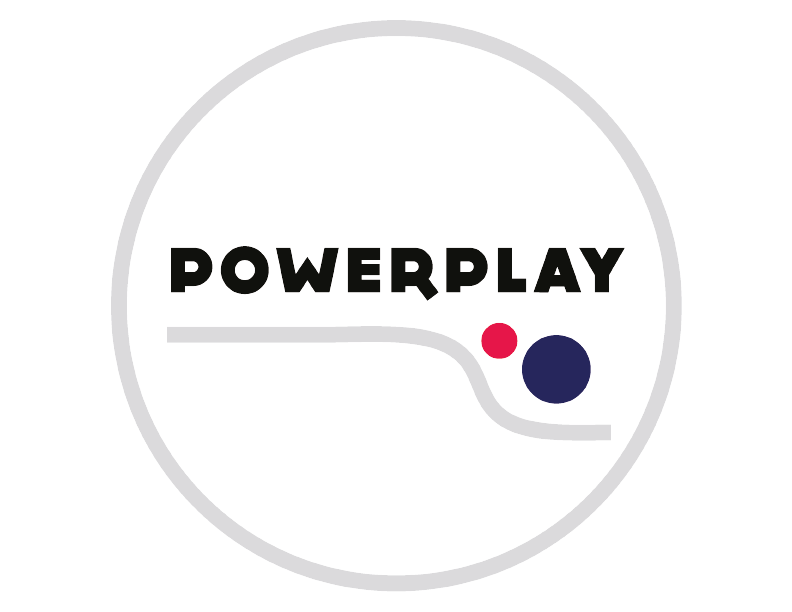Want your workout to feel one with nature? You may want to try Obstacle Course Racing (OCR) which incorporates natural terrain into the course, so you are traversing muddy ditches, thick forests, steep mountainsides, grassy meadows, and whatever the weather decides to throw at you that day.
OCR’s aren’t for the faint of heart: they take strength, agility, endurance, skill, and even some bravery. One of PowerPlay’s trainers happens to be an OCR champ, who always (yes, always!) finishes Top 10 in her races. This month, we’re catching up with her to ask about her Obstacle Course Racing experiences, and get some tips for incorporating OCR skills into your workout:
Q. What’s your background in OCR?
A. “I started competing in OCR’s in 2013 with Warrior Dash. I was getting bored of road races and was doing a lot of functional training, so a friend recommended trying an OCR. I entered the Warrior Dash in Oahu (I was living in Maui at the time) and I won! Winning that race garnered my entry into the Warrior Dash World Championships where I took 20th out of 100 – from then on, I was hooked! I started looking into other races and competed in Spartan Races, Terrain Races, and Battle Frogs. I definitely fell in love with Spartan Races!”
Q.. What combination of training do you find to be most effective for OCR prep?
A. “For myself, I find a balance of running, strength training, and HIIT/Functional Training helps me feel prepared. OCR’s utilize a combination of skills, and you need to be versed in all of them in order to do well. I usually run 3-4x per week, strength train 2x per week, and do HIIT/Functional Training 2-3x per week. Running is often overlooked, but definitely key! You will frequently be running up to a mile between obstacles, so you need to train your legs and lungs!”
Q. How do you stay in the game mentally during race time?
A. “During a race, I get huge rushes of adrenaline! I also try not to focus on people around me, but only on myself. For example, I have favorite songs that I play in my head, and mantras I use when I get tired. If I make a mistake on the course I remind myself to focus, and that one mistake does not have to determine the mood of my race. I let go of disappointment, and focus on what is ahead of me!”
Q. Gear is key! What’s in your bag for race day?
A. “Pre-race packing, I’ll make sure to have a stash of Nuun hydration tablets, K-Tape and K-Tape blister pads, clothing options for varying weather, extra shoelaces, energy snacks, and energy chews (like GU brand). I also consider what I’ll need immediately after the race, like a towel, change of clothes and shoes, more Nuun hydration tablets, a natural energy bar like Rx (I don’t have an appetite after racing, but know I need food!), a hat, and sunglasses. After expending a lot of energy (and being wet), a “chill” can set in, so a warm sweater can be a lifesaver!”
Q. What’s your OCR “secret weapon?”
A. “Lots of grip work practice! I can’t say this enough! Bouldering, Kettlebell farmer’s carries, and dead hangs are all great ways to work on grip and build some calluses. I also drink pickle juice for two nights before a race to prevent cramps!”
Q. What piece of advice would you give to any new Obstacle Course Racer?
A. “Have fun! Of course you will be more confidant and better prepared if you train as much as possible, but on race day try to enjoy the experience. Remind yourself to smile – you are basically on a huge adult playground! When you make mistakes, take mental notes to work on those skills for next time, but don’t let those mistakes define your race or get you down. What is the point of all that training and commitment if you aren’t going to enjoy it?!”
Trainer Spotlight and Author: Jenn Philpot is a decorated OCR champion, marathoner, and Kettlebell expert. When she’s not training and motivating clients, you can find her monkeying around San Francisco with her young daughter or off on a sunny run along the water.

